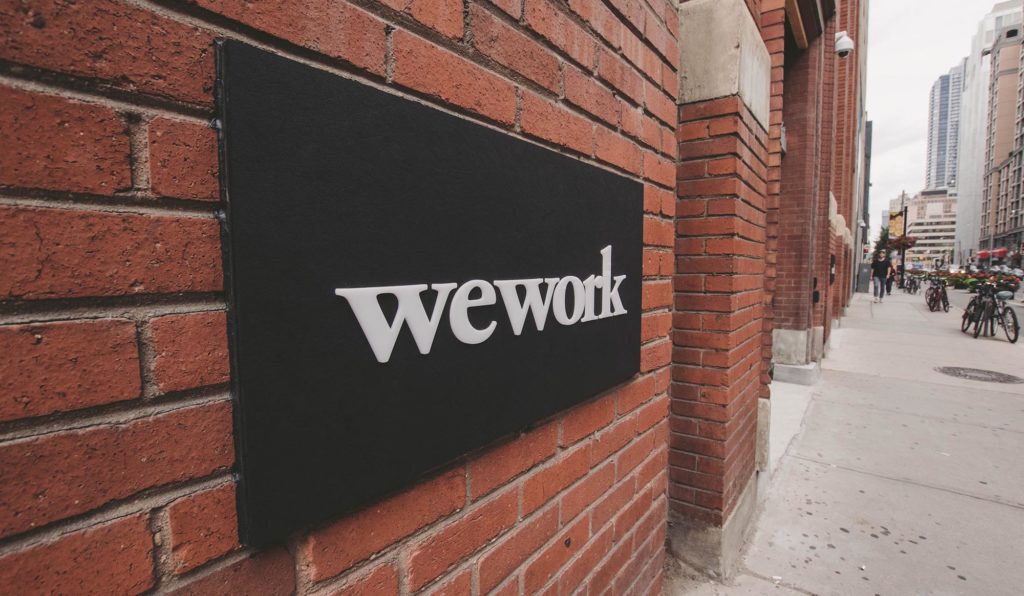
New York-based The We Company (We Co.) is on the verge of unleashing a nearly $3 billion investment fund to buy stakes in the buildings where its popular WeWork coworking spaces are major tenants. Some argue that this self-leasing strategy is an innovation that will make it safer to invest in commercial real estate. Others contend that it’s an ill-advised plan hatched at a time when office towers are going for record high prices.
The Real Estate Pitch
We Co.’s strategy could make the commercial real estate market a more friendly place to do business. The plan supposes that the presence of a WeWork co-working space means a more secure investment, the value of which will grow along with WeWork’s rising fortunes. There are reasons believe this, as WeWork is a recognizable brand with hundreds of locations around the world; additionally, the trend toward gig work only seems to be strengthening.
We Co. will also be renting to companies like Amazon, Facebook, IBM, and Microsoft. Thus, there should be added value in the form of steady rents from established players while boosting the profile of the spaces, which can now offer members the potential for synergy with the tech giants down the hall.
Building on a Shaky Foundation
The news of We Co.’s new self-leasing strategy broke alongside the revelation that the company had confidentially filed paperwork for an IPO. However, it’s unclear whether the gambit will help share prices. Depending on one’s point of view, the move either brilliantly capitalizes on WeWork’s popularity, or it ensnares the promising brand in a poorly timed real estate scheme that also smacks of self-dealing.
In either case, the company is on shaky ground. In 2018 alone, the company lost $1.9 billion. We Co. has also purchased or started several other ventures which may not complement the primary coworking business. These factors raise additional concerns that the company could be spread too thin.
Is This Real Estate Innovation?
Over the past decade, several innovations have improved the way that real estate is transacted. Zillow has made listing and comp information available to everyday consumers, Propy has integrated blockchain to simplify the purchase and sale process, and a slew of new technologies like virtual reality home tours and mobile mortgage apps have made the task of buying residential real estate more user-friendly. These technologies bring unmistakable value to real estate buyers and sellers and sharply contrast with WeWork’s model.
Previously, WeWork’s business model consisted of taking long-term leases and renting out short-term leases. The company’s plan to make commercial real estate a safer play for investors is interesting, but if the underlying coworking business begins to lag, the model will collapse, leaving the entire sector holding the bag.






